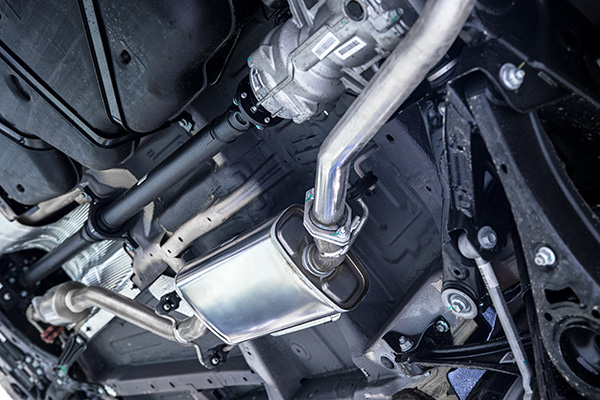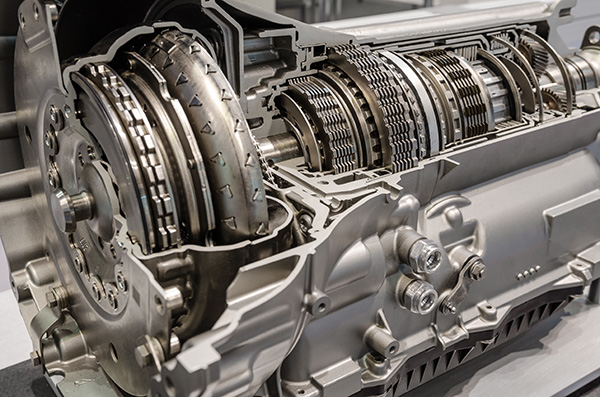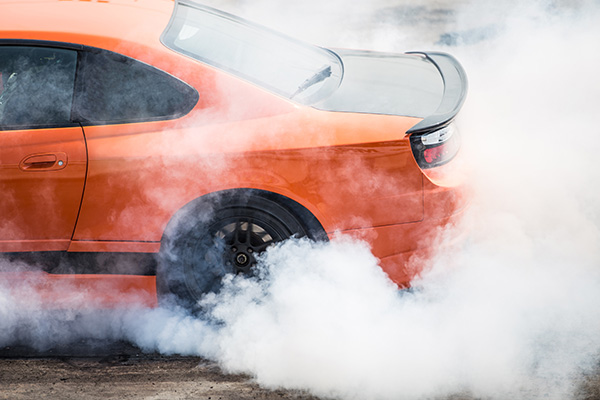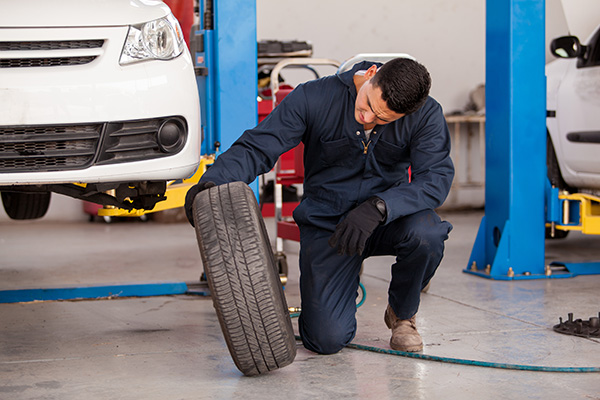Posted on 9/26/2025

Your exhaust manifold plays a vital role in your vehicle’s performance, fuel efficiency, and emissions control. It collects exhaust gases from the engine’s cylinders and channels them through the exhaust system to be safely expelled. When a leak develops in the manifold or its gasket, it can lead to a host of problems — some loud, some subtle, and all worth paying attention to. Spotting the signs of an exhaust manifold leak early helps you avoid more costly damage to the engine, the catalytic converter, and surrounding components. If you’ve noticed strange noises, smells, or engine changes, it’s worth taking a closer look. What Causes an Exhaust Manifold Leak The exhaust manifold is constantly exposed to extreme heat and pressure. Over time, this can cause the metal to warp, crack, or break at the welds or flanges. The gasket that seals the manifold to the engine block can also wear out or fail from repeated expansion and contraction du ... read more
Posted on 8/29/2025

When you press the gas pedal, you expect your vehicle to respond immediately with smooth, consistent acceleration. If your car hesitates or stumbles before picking up speed, it can be frustrating—and it may be a sign of an underlying problem that needs attention. Acceleration hesitation can range from a slight lag to a noticeable pause, making it harder to merge, pass, or climb hills. Understanding the common causes can help you identify the root of the issue before it leads to more significant problems. Fuel Delivery Problems One of the most common reasons for hesitation is an issue with the fuel system. If your engine is not getting the right amount of fuel at the right time, it cannot respond properly when you demand more power. A clogged fuel filter, failing fuel pump, or dirty fuel injectors can all restrict fuel flow. This causes the engine to run lean, meaning there is more air than fuel in the combustion mix. Without the correct ratio, the engine stru ... read more
Posted on 7/25/2025

Your car’s transmission is one of its most complex and essential components, responsible for delivering power from the engine to the wheels and controlling your vehicle’s speed and torque. When everything is working properly, gear shifts are smooth and nearly unnoticeable. However, if you start to feel your transmission slipping, it’s a sign that something isn’t right, and ignoring it could lead to costly repairs or even complete transmission failure. Understanding what causes transmission slipping and recognizing the symptoms early can help keep your car safe and reliable. What Is Transmission Slipping Transmission slipping occurs when the transmission changes gears unexpectedly or cannot stay in the proper gear. Instead of a smooth, controlled transfer of power, the engine may rev excessively without a corresponding increase in vehicle speed. This can happen in both automatic and manual transmissions, though it's more common in automatic ... read more
Posted on 6/27/2025

When it comes to vehicle performance and handling, the debate between rear-wheel drive (RWD) and front-wheel drive (FWD) has been ongoing for decades. Each configuration offers unique benefits and drawbacks, but if you're looking for a more dynamic driving experience, RWD tends to have the edge, especially when it comes to handling. Understanding how rear-wheel drive affects the way your vehicle responds on the road can help you decide what type of drivetrain best suits your driving style. What’s the Main Difference Between RWD and FWD The difference lies in which wheels receive power from the engine. In front-wheel drive vehicles, the engine sends power to the front wheels, which are also responsible for steering. In rear-wheel drive vehicles, the rear wheels receive the power, while the front wheels handle steering duties exclusively. This split in responsibilities changes how a vehicle handles turns, acceleration, and weight distribution. Bett ... read more
Posted on 5/30/2025

Tire rotation doesn’t always get the credit it deserves. While oil changes and brake jobs often grab the spotlight, rotating your tires regularly is one of the easiest ways to extend their life, improve safety, and even save money. If it’s been a while since your last rotation—or you’ve never really thought about it—now’s a good time to learn what it actually does for your car. Tire rotation is more than just moving the tires around. It helps prevent uneven wear and keeps your vehicle balanced, especially in places like Virginia Beach and Norfolk, where road conditions can vary from coastal salt air to busy highways and stop-and-go traffic. What Does Tire Rotation Do Each tire on your vehicle wears differently depending on its position. On front-wheel-drive vehicles, the front tires handle the majority of steering and power delivery, which means they wear faster than the rear tires. On rear-wheel-drive vehicles, the rear tires see ... read more